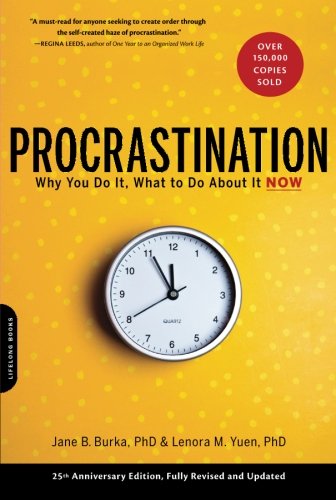November 8th is election day in the US. This has been a frustrating season for us. It is tempting to throw up hands and stay home.
However, there is a healthier way. It is engagement.
I spent a total of 1 hour and fifteen minutes on my voting this evening. I had a voter information pamphlet, mostly for the texts of our local initiatives. And I had the internet. I read the websites of each candidate on the ballot and it still only took that short amount of time. I learned a great deal, and was reassured that there are some well qualified new people running for various local and state offices. I came away with the impression that issues are not really as complicated as I first thought. And, happily, the candidates in our area seemed to portray their beliefs and planned policies clearly for all to see. That made my choices easier, especially when I saw things I did not like.
At the family Halloween party, we had an interesting debate on the morality and utility of voting. Some argued that voting is a moral imperative. Some argued that it was symbolic only. Everyone acknowledged that voting meant the most if voters are informed. Everyone acknowledged that voting is no substitute for community engagement. For example, we concurred that the real way to influence elections is to help with campaigns and fundraising. This can be by way of real campaign events, or online.
Voting gets you in touch with the issues. Your vote is just one of many, but you mean something in your community, even if you are having conversations about national or international issues. Ideas spread beyond mountain ranges and across oceans.
Voting is a hard won right, but we must keep to the spirit of the original voters who uniformly knew about their issues. Voting means learning and voting means conversations… conversations that spread. So learn all you can and add your voice to the conversation.
To be or feel powerless is one of the worst forms of mental and physical stress. This election has made people feel powerless. We are not powerless, especially if we are willing to learn, participate and help.







